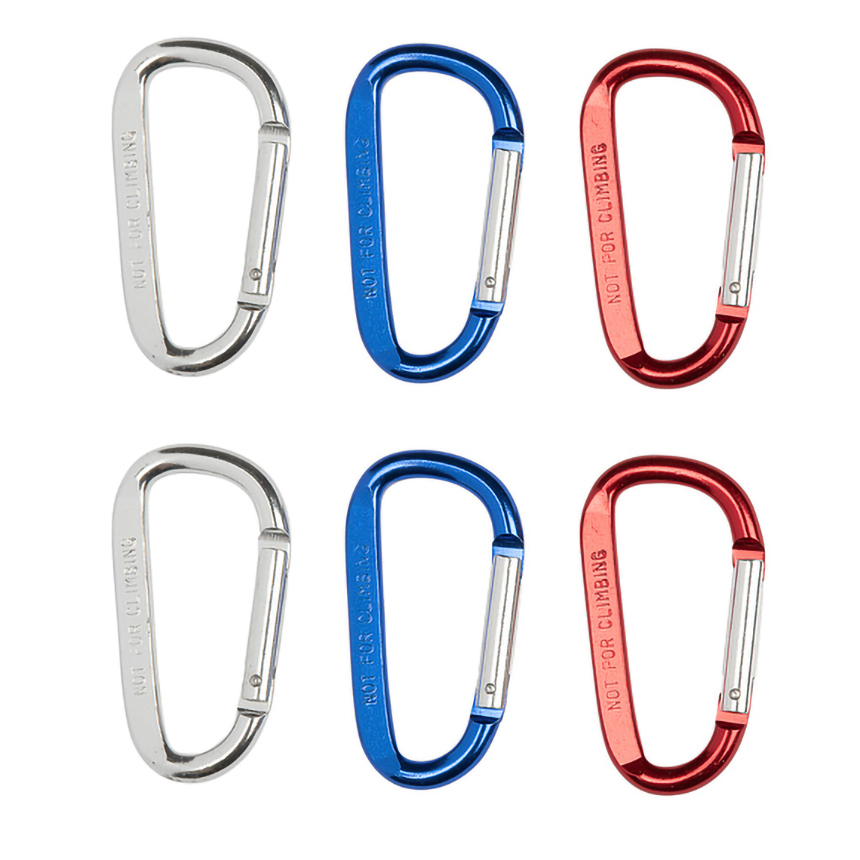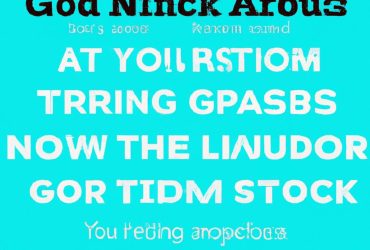In the world of running, a paramount mystery shrouds the very fabric of our jogging routines: when is the optimal time to embark on a sweaty endeavor, morning or evening? As the sun peeks over the horizon or gracefully disappears beyond the skyscrapers, both the early risers and night owls lace up their shoes, determined to uncover the enigma of optimal running time. This captivating question not only provokes a lively debate amongst avid runners, but also piques the curiosity of scientists and researchers alike. Delving into the depths of this riddle, we shall embark on a journey to unravel the secrets behind finding your stride, illuminating the path towards a more fulfilling and efficient running experience. So tie your shoelaces tightly, for the moment of truth awaits us just around the corner – quite literally.
Morning or Evening: Decoding the Ideal Time for Optimal Running Performance
When it comes to lacing up your running shoes and hitting the pavement, the eternal question of whether mornings or evenings are the optimal time for peak performance has long puzzled runners of all levels. While some thrive on the energy and tranquility of early morning runs, others find their legs come alive under the dusky sky of an evening workout. Fear not, for we are here to unravel the enigma and help you find your stride. Consider these factors in finding your perfect running time:
- Body Temperature: In the morning, your body temperature is naturally lower, which can make it an ideal time for longer, endurance-focused runs. On the other hand, by the evening, your body temperature is slightly elevated, allowing for increased flexibility and better overall performance in shorter, speed-based workouts.
- Circadian Rhythm: Each individual has a unique circadian rhythm, determining their internal clock and energy peaks. Some people naturally have more energy in the morning, while others feel their best in the evening. Understanding your natural body rhythm can help you optimize your running time.
- Weather Conditions: Depending on where you live, the weather may play a significant role in choosing your running time. Early mornings often bring cooler temperatures and less pollution, providing a refreshing running experience. Conversely, evenings may offer more favorable temperatures and breathtaking sunsets, creating the perfect backdrop for your workout.
Ultimately, the ideal running time will vary from person to person. Experiment with different times of the day to find what works best for your body, lifestyle, and goals. Remember, consistency is key, so stick with a routine that you enjoy and that fits seamlessly into your daily life. Whether you’re an early riser or a sunset seeker, the important thing is to get out there, find your stride, and keep running towards your personal best.
As we lace up our running shoes and bid farewell to this exploration of optimal running time, morning or evening, we find ourselves on the cusp of a fascinating yet enigmatic journey. We’ve unravelled the secrets hidden within the ebb and flow of the day, attempting to demystify the elusive question: when is truly the perfect moment to hit the pavement?
From the vibrant hues of dawn to the tranquil embrace of twilight, the world around us offers a myriad of possibilities. Our minds have been swayed by scientific studies, testimonies, and personal experiences, each presenting a persuasive argument in favor of either the early bird’s chirpy rhythm or the nocturnal owl’s silent glide.
Yet, in this quest for temporal supremacy, we have come to realize an essential truth. The notion of an ultimate running time may reside not in the hands of a ticking clock or the rising sun, but rather in the depths of our very being. Each stride we take, a unique imprint of our essence in motion, cannot be governed solely by the mechanics of time.
Embracing the rhythm that resonates within us, we discover that our optimal running time is an intangible connection, intertwining our spirit with the present moment. For some, the crisp dawn air exhales a magical energy that fuels boundless possibilities. For others, the velvet calmness of the night whispers secrets exclusively shared with the moonlit shadows.
As we bring this chapter to a close, we don’t hold in our hands a definitive answer to the morning-or-evening conundrum. Instead, we possess a newfound appreciation for the dynamic nature of our individuality. The secret is to trust the cadence of our hearts, to tune in to the whispers of our bodies, and allow ourselves to dance along the continuum of time.
Regardless of when we choose to embark on our runs, let us remember that the most vital component is not the hour displayed on the clock but rather the fervor in our souls. Whether we greet the sun as it peeks over the horizon or bid farewell to the moon amidst a soft symphony of nocturnal creatures, what truly matters is the passion that propels us forward.
So, fellow runners, let’s loosen our grip on the enigma of optimal running time and instead celebrate the diversity of our journeys. As we chase our dreams, let’s revel in the freedom of choice, honoring the importance of self-discovery and finding our stride in the fluidity of our own existence.
Now, with each footfall reverberating through our beings, let’s revel in the pursuit of personal perfection. For in the end, it is not the hour that dictates our running prowess, but the unyielding spirit within us that propels us ever forward.










